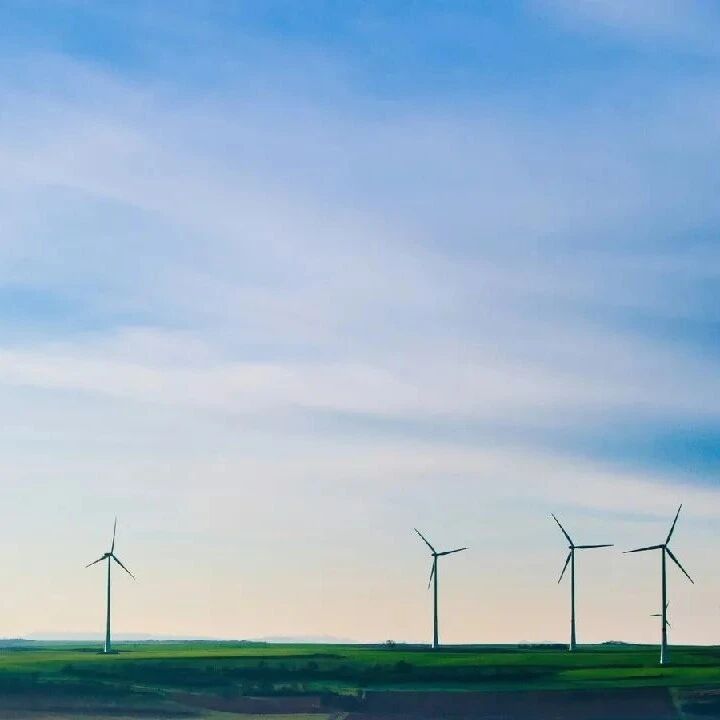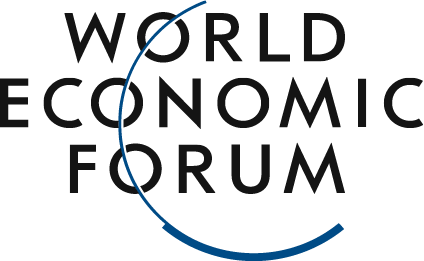
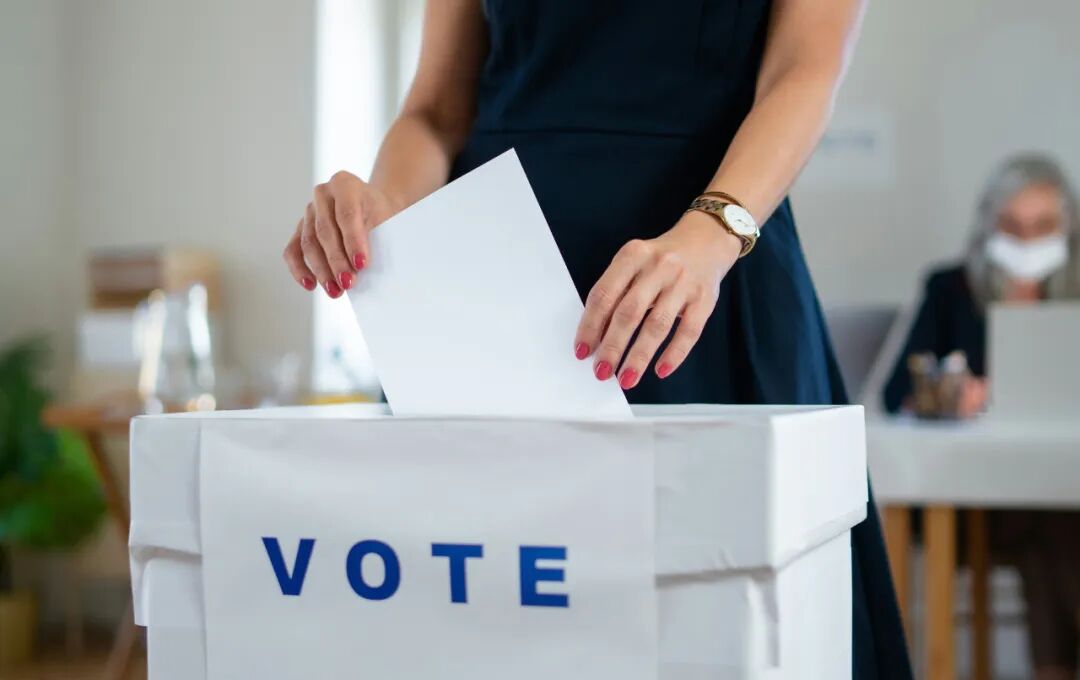
In the 2024 national presidential election, about half of the candidates vying for the highest office were women.
Image source: Unsplash
Kim Piaget
Head of Diversity, Equity, and Inclusion Insights at the World Economic Forum
Yanjun Guo
Expert on Diversity, Equity, and Inclusion Insights at the World Economic Forum
In 2024, the number of men re-elected as heads of state was three times the number of women elected to the position.
Economic barriers play a critical role in limiting women's political participation.
The World Economic Forum’s “Global Gender Parity Accelerator” aims to advance economic gender equality and promote gender balance in top-level leadership.
Last year, the world witnessed around 60 elections, briefly painting a promising outlook. Yet, in reality, the election outcomes we faced continue to hinder women’s progress toward global political leadership roles. As highlighted in UN Women’s latest report, the choices made at the ballot box are still constraining the representation of women in global political decision-making positions—leaving gender equality efforts notably stalled and moving at a much slower pace than before.
Promote political empowerment
In the 2024 national leadership election, roughly half of the candidates were women. While this may appear to reflect a near-balanced gender ratio, in reality, the number of male incumbent leaders seeking re-election was three times higher than the number of women who won the position. From a gender-transition perspective, the situation looks slightly more positive: although two economies saw female leaders replaced by newly elected men, four others witnessed voters choosing women to succeed male heads of state. However, when viewed by economic scale, among the world’s most populous economies listed in the Global Gender Gap Report, three still elected men to lead, while only one selected a woman for the role.
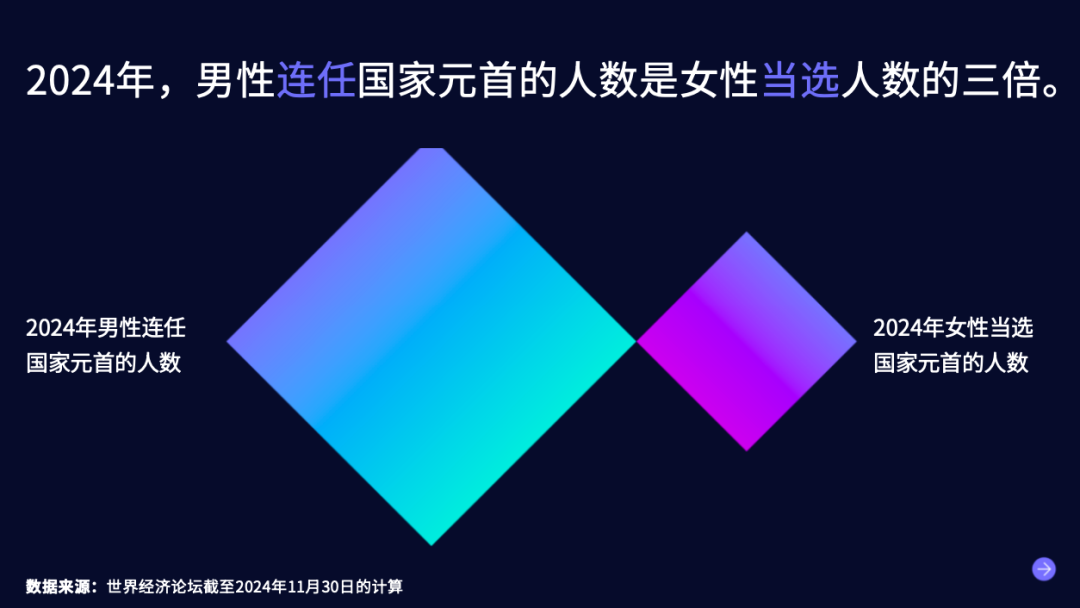
At the legislative level, the results have been mixed. Among countries holding parliamentary elections in 2024, Mexico and Rwanda continue to lead in terms of women’s representation, with women winning 50% and 64% of their lower-house seats, respectively. Belgium, Iceland, Senegal, South Africa, and the United Kingdom have also achieved female representation rates exceeding 40%.
Unfortunately, in the parliament elected in 2024, 80% of lawmakers chose male speakers, meaning the legislative leadership remains predominantly male.
Most countries are addressing the underrepresentation of women in political decision-making roles by implementing statutory candidate quotas. While this measure has proven effective in boosting the proportion of female candidates, it hasn’t significantly impacted the gender balance among those ultimately elected. Notably, only two economies have seen a higher percentage of women elected compared to the proportion of female candidates they initially fielded.
The Economic Roots of Political Equality
Setting up institutional mechanisms, such as quotas, has indeed played a significant role in enhancing opportunities for women and diverse candidates to enter the political arena. However, these measures still fall short of fully countering deeply entrenched cultural and economic mindsets that ultimately shape women's representation in politics.
In this "super election year" of 2024, numerous factors are influencing the outcome. Yet one issue stands out particularly: the "price" women must pay to become political leaders in their local communities remains alarmingly high.
Globally, public confidence in women's political leadership is declining. The Reykjavik Index, which measures perceptions of gender equality in political leadership, reveals that among G7 nations, awareness of gender parity in politics has dropped to its lowest level since 2018. In the United States, only 47% of respondents said they fully accept women holding leadership positions.
This regression in attitudes toward gender equality reflects a cultural backlash—far from "silent"—that is reverting to traditional gender-role norms. More deeply, it highlights how the very social and political realities that underpin these attitudes are becoming increasingly challenging: when economic prospects are uncertain and societal instability prevails, women are more likely to lose opportunities to engage in politics, facing heightened risks and threats of violence.
Whether or not someone has access to resources determines their eligibility to run for office—and even to win elections. As Mexican Foreign Secretary Alicia Bárcena pointed out at this year’s World Economic Forum Annual Meeting during the panel discussion “Moving Toward Equal Power,” “Closing the political gender gap is closely linked to empowering women economically.” Economic independence not only lowers the barriers for women entering politics but also strengthens their political influence, expands their reach, and enhances their overall security in the public sphere.
Economic dependency is the root of political inequality. As Francois Valerian noted at the Davos Forum: "Women have fewer financial resources than men." Indeed, "women possess far fewer financial assets compared to their male counterparts." This lack of financial resources often forces women to start as "outsiders"—in countries like the U.S., for instance, where women are compelled to adopt a more "strategic" approach when deciding which electoral opportunities to pursue. In today’s political landscape, dominated by candidates who project a strong "masculine" image and capitalize on economic anxieties, this trend is particularly troubling.
Accelerating toward gender equality
When we look back at the current political landscape, it’s now crystal clear: advancing gender equality in politics requires improving women’s economic opportunities—and vice versa. The private sector, policymakers, and civil society must work together to dismantle the economic and cultural barriers that prevent women from fully stepping onto the political stage.
The "Global Gender Equality Accelerator," launched by the World Economic Forum, is a global platform bringing together businesses, governments, international organizations, and other key stakeholders. Together, they aim to collectively drive gender equality as a central engine for economic growth by 2030. The initiative focuses on critical areas such as technology, green transformation, and the care economy, striving to increase visibility and roll out impactful initiatives that promote gender parity in the workplace and leadership roles. By leveraging new evidence, it also seeks to foster cross-sector collaboration, accelerating the pace of systemic change across industries.
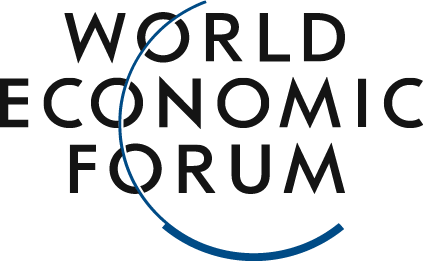
The above content solely represents the author's personal views.This article is translated from the World Economic Forum's Agenda blog; the Chinese version is for reference purposes only.Feel free to share this in your Moments; for reprints, please leave a comment at the end of the post or message us via our official.
Editor: Wang Can
The World Economic Forum is an independent and neutral platform dedicated to bringing together diverse perspectives to discuss critical global, regional, and industry-specific issues.
Follow us on Weibo, WeChat Video Accounts, Douyin, and Xiaohongshu!
"World Economic Forum"
